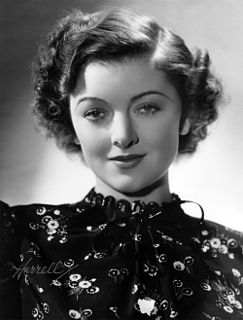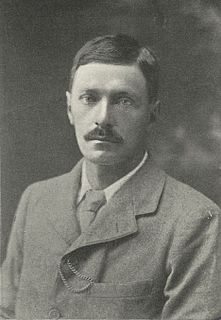Ein Zitat von Myrna Loy
Ich denke, dass die Führung eines Privatlebens in der Öffentlichkeit einen Verstoß gegen den Geschmack, den gesunden Menschenverstand und die mentale Hygiene darstellt.
Verwandte Zitate
Ich habe kürzlich in meinem Blog über „ungewöhnlichen Menschenverstand“ gesprochen. Der gesunde Menschenverstand wird „gemeinsam“ genannt, weil er den kulturellen Konsens widerspiegelt. Es ist gesunder Menschenverstand, einen guten Job zu finden und für den Ruhestand zu sparen. Aber ich denke, wir alle haben auch einen „ungewöhnlichen Menschenverstand“, eine individuelle Stimme, die uns sagt, was wir tun sollen.
Königin Victoria war eine Frau mit unvergleichlichem gesunden Menschenverstand; Ihr gesunder Menschenverstand, der zu jeder Zeit eine seltene Gabe ist, grenzte an Genie. Sie war von ihrer Mutter mit äußerster Einfachheit erzogen worden, und sie behielt diese bis zum Ende bei und führte ihr öffentliches und privates Leben gleichermaßen von dieser unfehlbaren Führerin.
Letztlich ist es so, dass die Medien ihr Privatleben in ein öffentliches Spektakel verwandeln, weil sie von der Macht und dem Reichtum von Privatpersonen angetrieben werden. Wenn nun jedes Privatleben potenziell öffentliches Eigentum ist, liegt das daran, dass Privateigentum die öffentliche Verantwortung untergraben hat.
Vom Gebet zu sprechen, nachdem er zugegeben hatte, dass er keinen Glauben bekenne, war meiner Meinung nach ein Verstoß gegen die allgemeine Höflichkeit. In diesem Sinne hat er tatsächlich einen gesellschaftlichen Fehler begangen, für den er meiner Meinung nach eine geringfügige Züchtigung verdient hat.
Ist es ein Zufall, dass Geschichten aus dem Privatleben gerade dann populärer wurden, als die große Hoffnung auf öffentliche Erlösung durch die Revolution zu schwinden begann? Ich habe zu meiner Zeit einen ähnlichen Geschmackswandel erlebt. Während in den 1960er Jahren wieder eine hoffnungsvolle Vision einer gerechten Gesellschaft aufkam, wurden unzählige Gedichte und Theaterstücke über Politik und öffentliches Leben geschrieben, gelesen und aufgeführt. Doch nachdem die Hoffnung schwand und das öffentliche Leben immer weniger vertrauenswürdig schien, verlor dieses Thema an Mode.
Ich weiß nicht, ob uns der Begriff „Befreiungstheologie“, der sehr positiv interpretiert werden kann, viel weiterhilft. Wichtig ist die gemeinsame Rationalität, zu der die Kirche einen grundlegenden Beitrag leistet und die stets zur Gewissenserziehung beitragen muss, sowohl im öffentlichen als auch im privaten Leben.




































